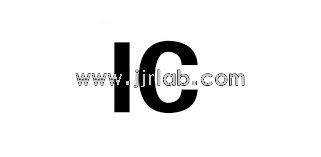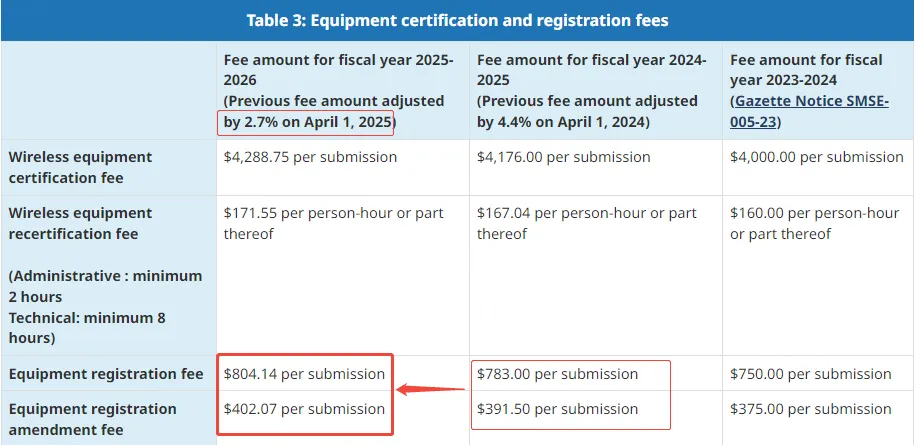
FCC Certification Testing for Smart Lighting Products
In the increasingly competitive global market, product compliance and certification have become key to entering international markets. For smart lighting products, FCC certification not only represents official recognition of product quality but is also a necessary condition for entering the U.S. market.
JJR understands the importance of FCC certification for your products. We have compiled professional advice on FCC certification for smart lighting products to help you fULly understand the certification requirements and successfully complete the certification process.
In the era of LED lighting, lighting products began to use drive power supplies and other electronic circuits. Strictly speaking, these circuits emit interference signals such as conducted and radiated emissions, which may impact power supply lines and surrounding electronic devices. Therefore, it is requiRED to apply for fcc sdoc/IC sdoc certification.
However, since these products still lack remote control or network communication functions, they do not intentionally emit signals that could affect external devices. Cases of such interference are relatively rare, and this has led to insufficient attention, with some products still not applying for FCC/ic certification before shipment.
In fact, this approach carries certain risks. If complaints or random inspections occur, it may lead to claims, returns, or complaints.

Overview of FCC Certification
The FCC (Federal Communications Commission) is an independent U.S. government agency responsible for regulating electronic devices related to communications, including:
- Wireless broadcasting
- Television
- Telecommunications
- Satellite
- Cable communications
For smart lighting products, the FCC certification primarily focuses on compliance with the use of radio frequencies and electromagnetic radiation.
Testing Requirements for Smart Lighting Products
Smart lighting products typically use LED light sources and are powered by either independent or integrated power supplies, converting electrical energy into light to perform the lighting function. According to FCC regulations, these devices are considered as unintentional emitters and must comply with Part 15 requirements, specifically including:
- Conducted Emissions Test
- Measurement range: 150 KHz to 30 MHz
- Standard: Limits in Section 15.107
- Radiated Emissions Test
- Measurement range: 30 MHz to 1 GHz
- Standard: Limits in Section 15.109
Certification Requirements for Smart Lighting Products
Smart lighting systems integrate technologies such as computing, communication, and sensing, enabling features such as remote control and smart scene switching. According to FCC regulations, certification can be divided into two scenarios:
1. Radio Module Authorization
Most smart lighting manufacturers use third-party radio modules (such as ZigBee, Bluetooth, Wi-Fi, etc.) for signal transmission.
These modules must go through the fcc id authorization process. The following documents must be submitted during certification:
- Block diagram, PCB layout, circuit diagram
- BOM (Bill of Materials)
- Nameplate and antenna information
- User manual and frequency calibration software
- Modulation type, frequency range, and channel information, etc.
2. Smart Lighting Product Authorization
If the wireless module used in the lighting product has already obtained an FCC ID certification, the manufacturer can opt for the SDoC (Supplier’s Declaration of Conformity) procedure. In this case:
- Only relevant documents need to be submitted to a third-party laboratory for testing
- Once testing is passed, the fcc logo can be placed on the product (without the need to display the module's FCC ID)
About JJR Laboratory
JJR Laboratory in China is a professional third-party testing institution for smart lighting products, offering one-stop fcc certification services. Our advantages include:
- Advanced testing equipment and professional technical team
- Full-process services from application, testing, and review to authorization
- Professional experience ensuring efficient and compliant certification, helping products successfully enter the U.S. market
For further inquiries about FCC certification services, please contact JJR Laboratory to begin your smart lighting product’s international journey.
Email:hello@jjrlab.com
Write your message here and send it to us
 What is Protection Class EN 60529?
What is Protection Class EN 60529?
 IP69 Certified Protection
IP69 Certified Protection
 California Energy Commission Testing Lab
California Energy Commission Testing Lab
 What Does the Canadian IC Mark Mean?
What Does the Canadian IC Mark Mean?
 How Much is the Canada IC ID Certification cost?
How Much is the Canada IC ID Certification cost?
 How Much is the Canada IC ID Certification Fee?
How Much is the Canada IC ID Certification Fee?
 How Much is the UL 982 Test Report csost?
How Much is the UL 982 Test Report csost?
 ISO/IEC 17025 Accredited Test Laboratory
ISO/IEC 17025 Accredited Test Laboratory
Leave us a message
24-hour online customer service at any time to respond, so that you worry!




